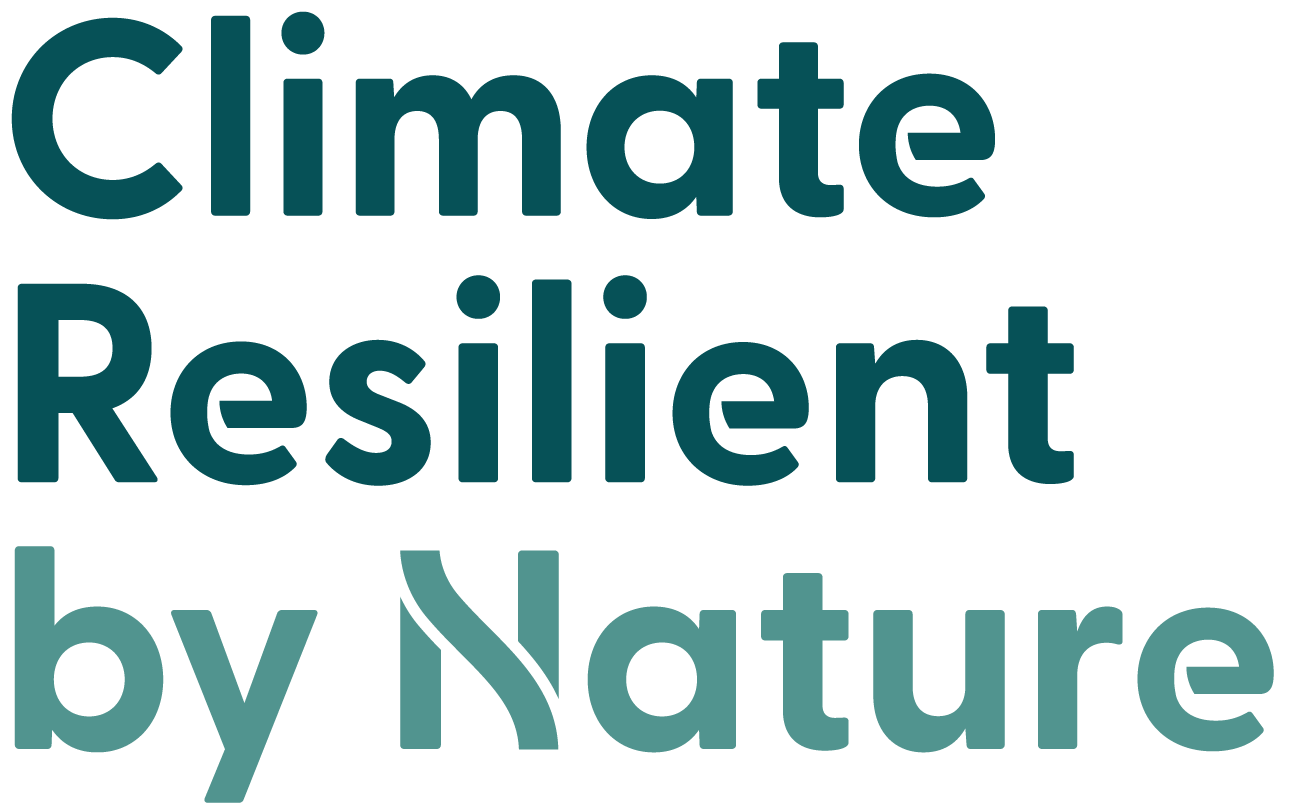Voluntary carbon markets as a novel approach to forest conservation in the Melanesian Pacific
In a new report, Climate Resilient by Nature, in collaboration with Sustineo, unpack the potential of voluntary carbon markets as a novel approach to forest conservation, and how benefits for Pacific communities can be best realised.
The Pacific is home to globally significant biodiversity and ecosystems. But unsustainable development and inequity is putting these ecosystems under threat.
Logging, for instance, dominates Solomon Islands’ economy with landholders supporting commercial operations due to perceived opportunities for economic development. However, there are negative social impacts linked to the presence of logging operations in communities, such as conflict, crime and sexual exploitation.
Further, the unsustainable rates of logging mean natural forests could be lost in a matter of decades.
The urgency to protect forests from excessive logging and mitigate the social harms link to this, presents the need to explore alternative, sustainable economic pathways. This highlight the potential for forest conservation efforts that deliver benefits to communities.
Climate Resilient by Nature, in collaboration with Sustineo, has released a report assessing the potential of voluntary carbon markets (VCM) as a novel approach to forest conservation and how this can be best realised.
In VCMs, project developers implement activities that remove, reduce, or avoid greenhouse gas emissions. The recent emergence of such markets in the Pacific, could offer an effective tool to finance and support community-led forest conservation
The report finds that while VCMs offer significant potential, an appropriate enabling environment is needed to achieve this. It is also critical that the enabling environment is informed by, and responds to, the chequered history of VCMs.
Successful small-scale examples from the region demonstrate the key ingredients that go into developing a sustainable and equitable project. Most critically, carbon markets projects must be high integrity and deliver real benefits on environmental, social and cultural levels that support development outcomes for local communities.
The Babatana Rainforest Conservation Project is a positive example of this in practice.
The project is guided by the Nakau Methodology — a purpose-built Pacific rainforest conservation finance program that takes a strong approach to upholding land and carbon rights, and which follows a rigorous free, prior and informed consent process (FPIC).
The approach brings financial benefits back into communities to ensure the project is long lasting and people are paid for their conservation efforts. As a result, rainforests are protected from logging and income generated from the project is reinvested in community projects, alternative livelihoods and contributes towards strengthened climate resilience.
Download the below resources to learn more about the potential of voluntary carbon markets as a novel approach to forest conservation, and how this can be best realised.






